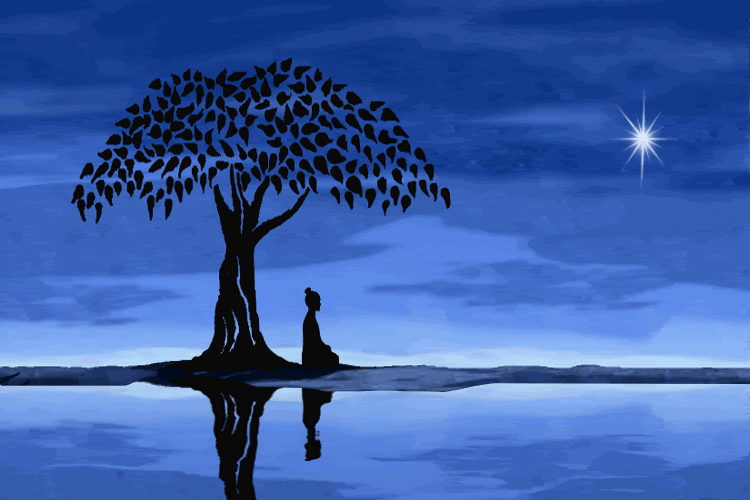A person without renunciation only seeks satisfaction in this lifetime, and rebirth in the human or god realm; apart from being content with his lot in life, and getting by, he does not have a loftier goal. A person with renunciation may occasionally think the same way or enjoy good food, fine clothes, and a nice home. However, deep inside, he knows: this is not the purpose of my existence, merely a temporary lifestyle and means to an end which may or may not be necessary—my ultimate goal is to attain liberation. This way of thinking is basically considered renunciation. To sum up, a Vajrayana practitioner must first generate a heart of renunciation.
~Depicted from GATEWAY TO VAJRAYANA PATH - Entering the Vajrayana Path











